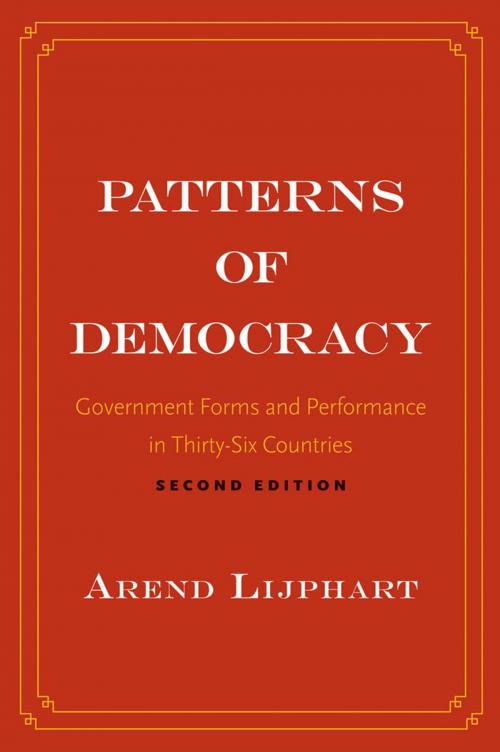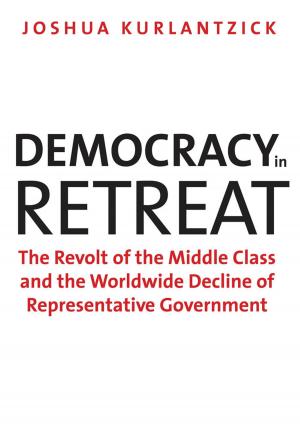Patterns of Democracy: Government Forms and Performance in Thirty-Six Countries
Nonfiction, Social & Cultural Studies, Political Science, Government, Democracy, Social Science| Author: | Arend Lijphart | ISBN: | 9780300189124 |
| Publisher: | Yale University Press | Publication: | September 11, 2012 |
| Imprint: | Yale University Press | Language: | English |
| Author: | Arend Lijphart |
| ISBN: | 9780300189124 |
| Publisher: | Yale University Press |
| Publication: | September 11, 2012 |
| Imprint: | Yale University Press |
| Language: | English |
In this updated and expanded edition of his classic text, Arend Lijphart offers a broader and deeper analysis of worldwide democratic institutions than ever before. Examining thirty-six democracies during the period from 1945 to 2010, Lijphart arrives at important—and unexpected—conclusions about what type of democracy works best.
Praise for the previous edition:
"Magnificent. . . . The best-researched book on democracy in the world today."—Malcolm Mackerras, American Review of Politics
"I can't think of another scholar as well qualified as Lijphart to write a book of this kind. He has an amazing grasp of the relevant literature, and he's compiled an unmatched collection of data."—Robert A. Dahl, Yale University
"This sound comparative research . . . will continue to be a standard in graduate and undergraduate courses in comparative politics."—Choice
In this updated and expanded edition of his classic text, Arend Lijphart offers a broader and deeper analysis of worldwide democratic institutions than ever before. Examining thirty-six democracies during the period from 1945 to 2010, Lijphart arrives at important—and unexpected—conclusions about what type of democracy works best.
Praise for the previous edition:
"Magnificent. . . . The best-researched book on democracy in the world today."—Malcolm Mackerras, American Review of Politics
"I can't think of another scholar as well qualified as Lijphart to write a book of this kind. He has an amazing grasp of the relevant literature, and he's compiled an unmatched collection of data."—Robert A. Dahl, Yale University
"This sound comparative research . . . will continue to be a standard in graduate and undergraduate courses in comparative politics."—Choice















